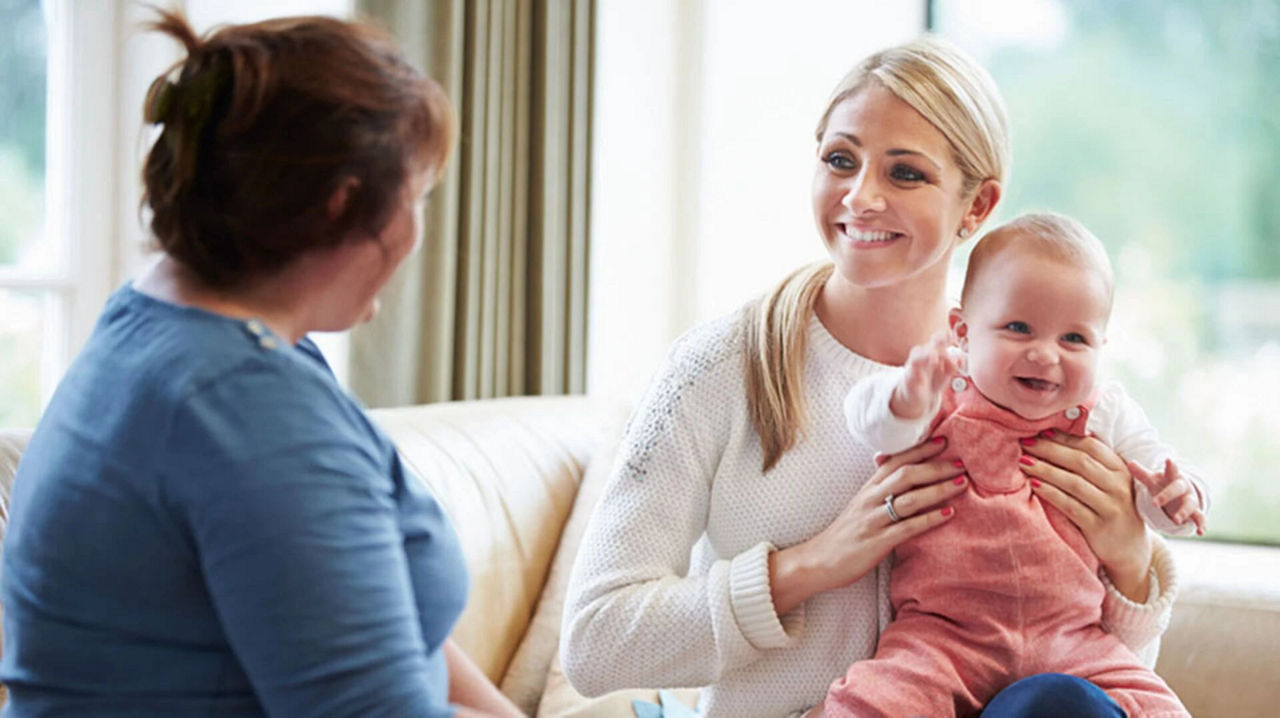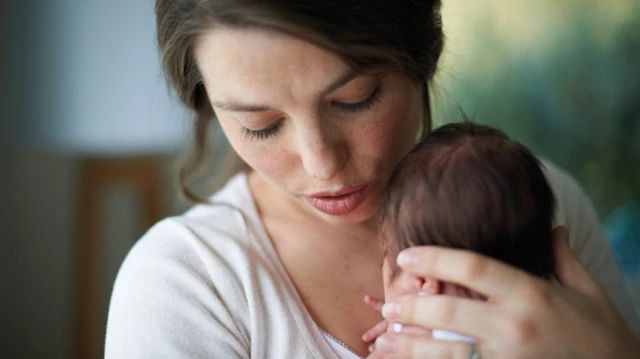Baby vaccinations play an important part in laying the foundations for your child’s lifelong health, protecting them against serious infection and disease.
In fact, the World Health Organisation says: ‘The two public health interventions that have had the greatest impact on the world’s health are clean water and vaccines'1.Vaccinations are very safe, but it is understandable that you may have concerns. In this article we’ll help you to feel prepared and answer some common questions.









